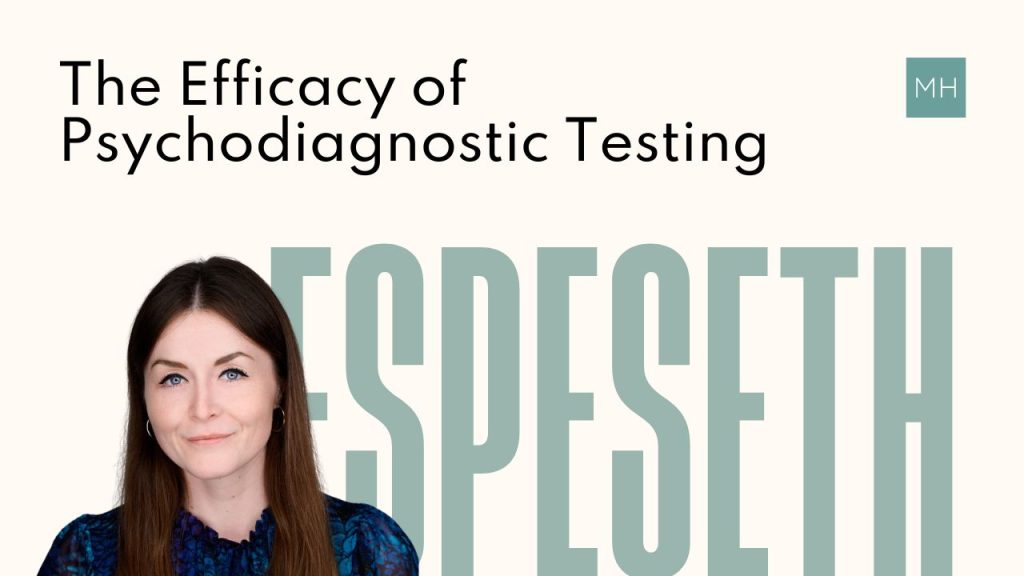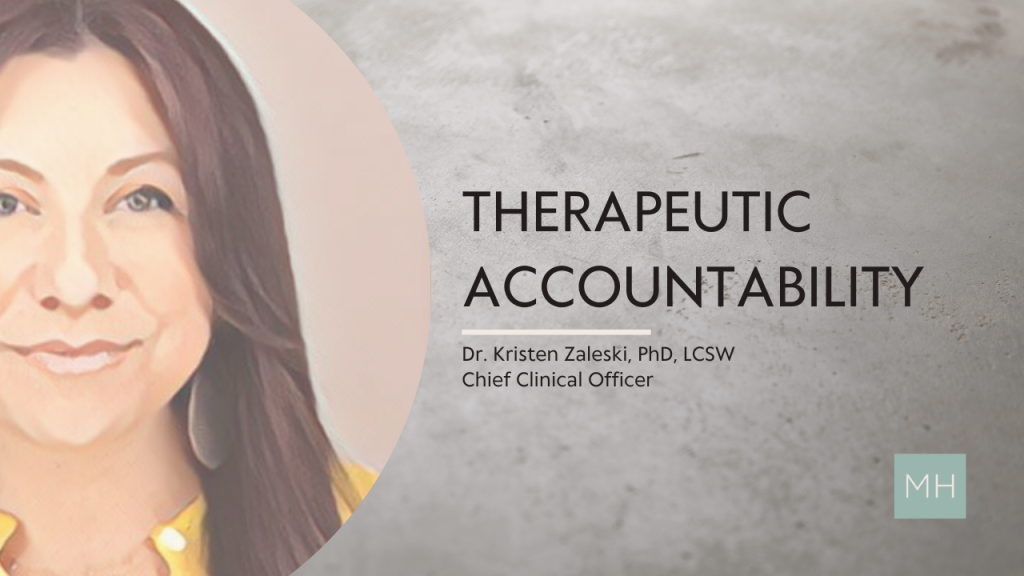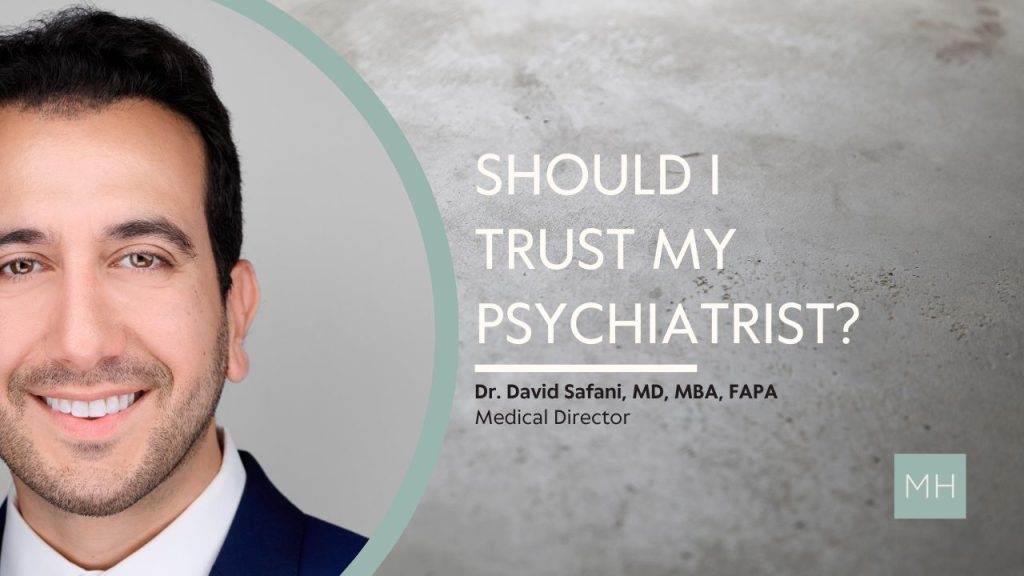WRITTEN BY: Dr. Maddisen Espeseth, PsyD, RPT, IFS-I ACC, CST :: Testing Psychologist
The EFFICACY OF PSYCHODIAGNOSTIC TESTING
It is not uncommon for clients to experience reticence regarding psychodiagnostic testing particularly if there is a history of medical trauma or neglect, misdiagnoses, or cultural stigma surrounding mental health. When a third party refers a client who does not personally want to pursue testing, my main priority is better understanding the client’s unique reasoning underlying their hesitance.
PSYCH TESTING + THE CLIENT-PROVIDER RELATIONSHIP
In my opinion, the efficacy of testing as a therapeutic service directly correlates to the strength of the client-provider relationship. Psychodiagnostic testing is unique relative to psychotherapy given the brevity and intensity of services. It is vital that the provider recognize just how vulnerable and exposing the testing process can feel for a client. If such considerations are not tended to, results are typically not as accurate or as practically applicable to the client’s day-to-day life. The real-life utility of results is limited in such situations.
INDIVIDUALIZED PSYCHODIAGNOSTIC ASSESSMENT SERVICES
In exploring the specific rationale for reticence to proceed with testing, there is an opportunity to better individualize assessment services. For instance, I’ve met with many clients with an exhaustive list of misdiagnoses paired with treatment fatigue. Slowing the process to hear the client’s unique narrative often reveals significant fears regarding the perpetuation of misrepresentation on a diagnostic level and client-provider relational ruptures. Because testing is aimed at clarifying diagnoses, many clients can present with a history of being over-pathologized, such that prior providers may have restrictively focused on “deficits” and “impairments” justifying past diagnoses. My hope in meeting with clients is to deconstruct such overemphases within the medical world, and instead, respectfully recognize the adaptative, biological underpinnings of diagnostic symptoms. Broadening a client’s conceptual understanding of diagnostic criteria as they distinctly relate to the client is ideal.
BENEFITS OF PSYCHODIAGNOSTIC TESTING
Although referrals may come from third parties with specific agendas (typically intended to inform treatment decision-making), it is important to me that the client directly benefits from testing. By tending to and often reconfiguring aspects of testing (such as length, selectivity regarding involved parties, testing objectives, adjusting in-session environmental contexts, etc.), the testing process can serve as a “corrective experience” and chance for updated client-provider relational repair.
DO YOU HAVE A QUESTION?
Send our team a message or call 888.717.9355


